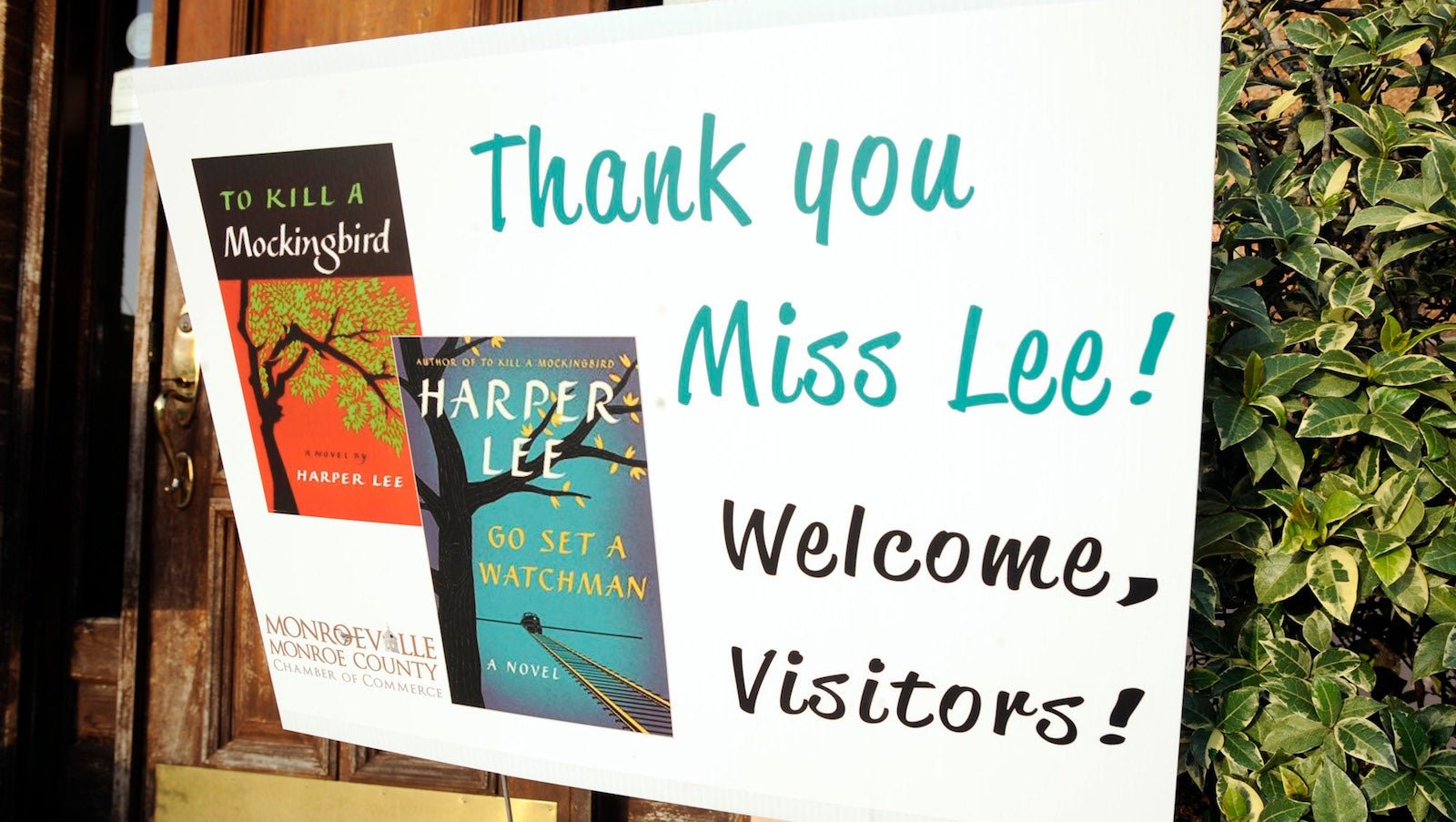Before you read Harper Lee’s new novel, remember Amy Winehouse
Fifty-five years after readers were first transported to the sweaty courtroom of Maycomb, Alabama, Harper Lee’s highly anticipated sequel to the classic To Kill a Mockingbird hits bookstores next Tuesday. Go Set a Watchman has been preordered more times than any other book in the history of publisher HarperCollins.


Fifty-five years after readers were first transported to the sweaty courtroom of Maycomb, Alabama, Harper Lee’s highly anticipated sequel to the classic To Kill a Mockingbird hits bookstores next Tuesday. Go Set a Watchman has been preordered more times than any other book in the history of publisher HarperCollins.
The release comes on the heels of months of controversy following the announcement of Lee’s new novel in February 2015.
In a letter following the announcement of her new book, Lee issued a statement through her lawyer, Tonja Carter: “I’m alive and kicking and happy as hell with the reactions to ‘Watchman.’” But much and more has been speculated about Carter, who is also in charge of the 89-year-old’s estate. Mystery surrounds the way Carter discovered the unpublished manuscript last year and how she obtained permission from Lee, who is mostly blind and nearly deaf, to publish it.
The question of Lee’s consent recalls the case of the late Amy Winehouse, recently the subject of a new documentary, Amy, which chronicles her rise and tragic death from alcohol poisoning in 2011. In a June Billboard article, David Joseph, CEO of Universal UK and an executive producer on the documentary, said he destroyed unreleased demos recorded by Winehouse. Calling it “a moral thing,” Joseph said, “Taking a stem or a vocal is not something that would ever happen on my watch. It now can’t happen on anyone else’s.”
With a buck to be made on just about any unseen material revived for publication, it’s heartening to see a powerful exec declaring his respect for the wishes of the artist.
The public’s pursuit for #more should be indulged with caution—even with the artist’s full and clear consent to publish, fame alone has its price: Winehouse is portrayed in Amy as destroyed by her celebrity, unable to continue creating the great music so many have argued she was destined to make.
Meanwhile, the famously private Lee, who declined interviews to journalists between 1964 to 2006, is now so hounded by fans and reporters that the New Yorker’s Casey N. Cep writes of a visit to Lee’s hometown of Monroeville, Alabama: “No matter what I asked about Harper Lee, people in Monroeville responded as if she needed their personal protection.”